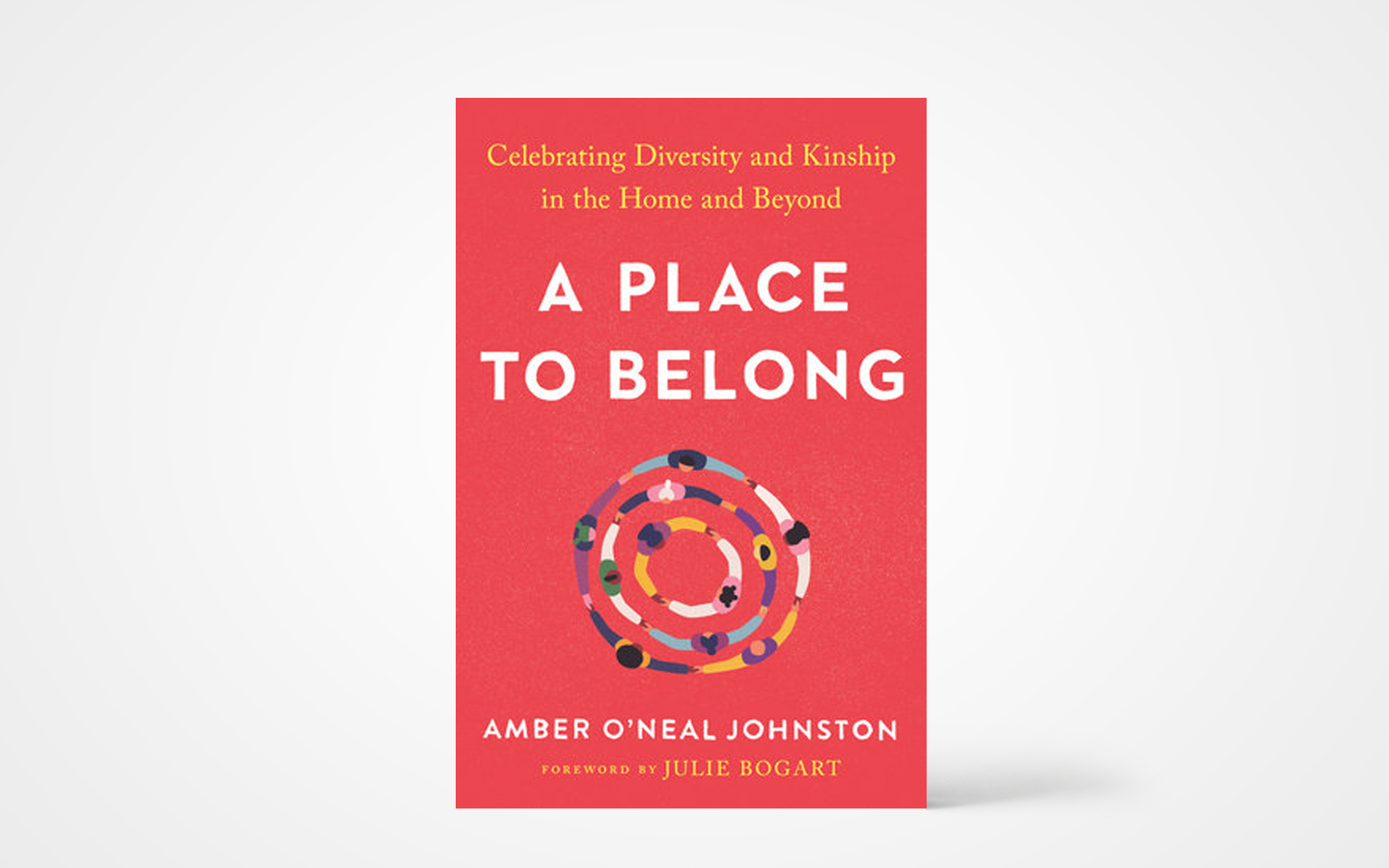As an African American parent living in a predominantly white community, the author Amber O’Neal Johnston reflects on what she calls “a cookie-cutter approach to parenting and education” which treats children as “visitors in their own home.” We often outsource educating children to school programs or homeschool curriculum that operate within a carefully wrapped cultural bubble. Our children absorb mainstream American secular culture like sponges. But a sense of belonging and cultural security is often lacking.
A place to belong is where “cultural awareness, self-acceptance, celebration and kinship are the norm.” Children have a natural yearning for the home which shapes their lifelong attitudes and values. But when the emotional supporting structures are not there, a home is a brittle vessel made by the parents’ own insecurities and entrenched but unconscious expectations. The question is, “How do we nurture a family culture that honors individuality and growth?” When they are settled in a place of belonging and security , children are better able to welcome others in their lives.
One important step of grounding children in their cultural identity is through passing on intergenerational knowledge. Researchers find that children with a strong intergenerational understanding of where they come from have the most balance and self-confidence. Johnston encourages parents to approach family history as a timeline exercise. She urges them to make sure that the home library offers an expansive collection of cultures and lifestyles from around the world. This window will train their curious eyes and help them appreciate people who are different from them. For children of color or from immigrant families, for example, parents can try imparting a global mindset. Raising children as global citizens can avoid tendencies of ethnocentrism.
Because media and pop culture shape our understanding of North American society, parents should invest more time in helping children navigate media usage. Unmonitored media (including TV) use may fill a child’s mind with stereotypes that are rampant in media depictions. This does not mean that parents should always hover over what their children do in the home. Johnston is suggesting more parental participation in major elements of the home, and media use can be a big part of it.
In this era of racial tensions, every parent should be more intentional in raising culturally inclusive-minded children. This book is a great practical resource to help Christian parents begin the journey. (Penguin Random House).
About the Author
Mary Li Ma is a member of Plymouth Heights CRC church in Grand Rapids, Mich. She holds a Ph.D. from Cornell University and now works as a research analyst for a national research center on education equity.

